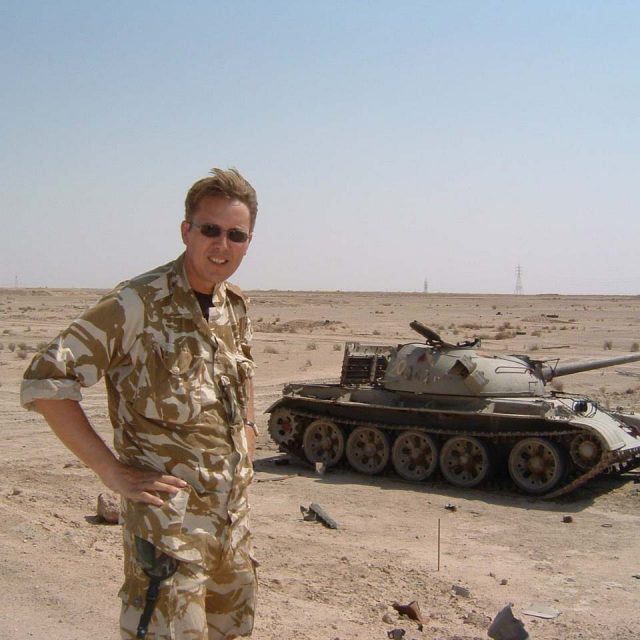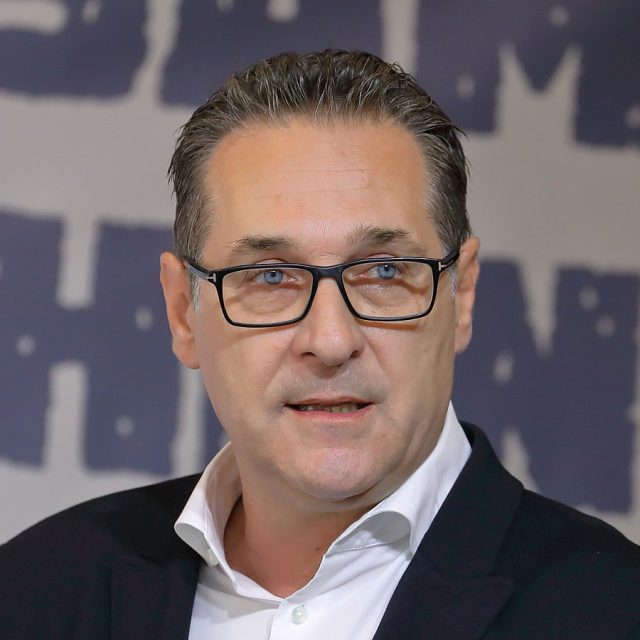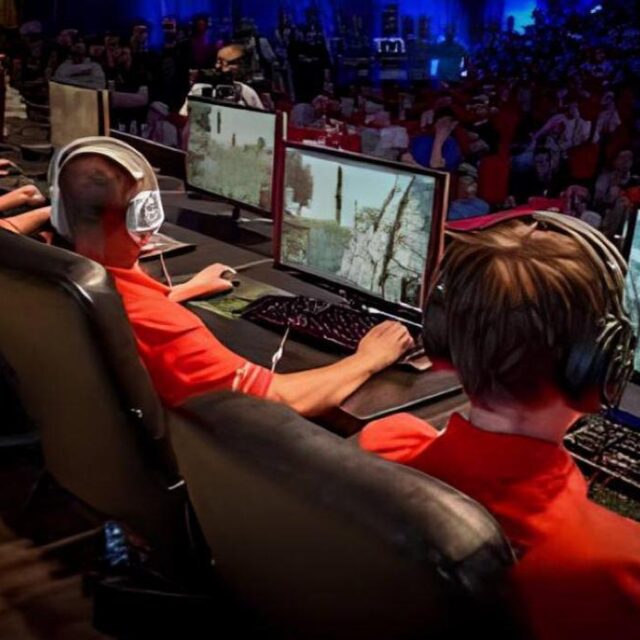In 2020 the Prime Minister of Sudan, Abdullah Hamdok, survived an assassination attempt that had targeted his convoy as he headed to work in Khartoum.
Film footage posted online showed two damaged white vehicles used by Sudan’s top officials parked on a street. Another vehicle was badly damaged in the blast of the explosion, but the Prime Minister himself was not injured. During the investigation, the incident was at first classified as an act of terrorism and an attempt on the life of the head of state, but no arrests were made of any suspects. After a few weeks, the story subsided, but the very fact that he had been a target of assassination strengthened Hamdok’s political position as a civil fighter for the rights of the Sudanese.
Some expert analysts said that the assassination attempt, although it turned out to be unsuccessful for the people behind it, had been well planned. There was speculation about the involvement of military officials in the attempt, as they would have known the exact route of the Prime Minister’s convoy.
Little more than a year later, video footage of an audio call between the Chairman of the Sovereign Council of Sudan, Abdel Fattah al-Burhan, and an unknown person, went viral on social media. It’s clear that the material deals with the March 2020 assassination attempt on the Prime Minister of Sudan, Abdullah Hamdok. On the audiotape, an unknown person can be heard explaining the plan of an attack on the convoy of the Prime Minister and talking about an explosive device that should be planted along the path of the convoy near Cooper Bridge. Allegedly, this call was secretly recorded, and only recently appeared online.
So far, neither representatives of the civil government nor the military have made any comment.
Outcome of the revolution in 2019
In 2019 a revolution took place in Sudan which ousted the former President Omar al-Bashir, who had ruled the country for the last 30 years and was a representative of the military.
Following this coup the military and protesters signed a constitutional declaration which paved the way for the formation of a transitional government. A few years later, a Cabinet of Ministers was formed under the leadership of Abdullah Hamdok, who has been trying to rule the country for more than 2 years.
At the same time Lieutenant General Abdel Fattah al-Burhan was sworn in as leader of the Sovereign Council, which replaced the Sudan’s Transitional Military Council. The Sovereign Council, along with the Cabinet of Ministers, is engaged in political construction in Sudan, but has a finite life span, which means it must be dissolved when presidential elections have been held.
Since the beginning of the fall of Bashir’s regime, the civilian government has been trying to lead the country out of economic, political and social crises, but the situation is only getting worse, not only in the capital, but also in other regions of the country: inflation, the falling exchange rate of the pound against the dollar, hunger, poverty and lack of medicines compound the plight of the average Sudanese.
In April 2021 in El Obeid, the capital of North Kordofan, people protested about the drinking water crisis in the city; in South Darfur, two sit-in protests demanded security and the provision of essentials, such as water, electricity, healthcare, and employment; in Khartoum, there was a sit-protesting against the serious neglect of the El Tamiz Hospital Mortuary. Throughout the country a wave of strikes and demonstrations erupted one after another.
In October 2020 a peace deal was brokered by the government with a number of Sudan’s armed and unarmed opposition groups, including from Darfur, South Kordofan and the Blue Nile states, the country’s political transition has continued to be halting, confronted by a worsening economic situation and long-lasting tensions between the county’s centre and its periphery.
The public frustration with the government’s chosen political course has now reached its peak. A month ago, there was popular unrest in the east of Sudan among the united eastern tribes of Beja, led by Al-Amin Turk. The Beja tribes threaten secession and independence from the rest of Sudan if the government did not address the problems of all Sudanese people. Among the most important requests of these protesters was the dissolution of the current government and the formation of a military council to govern the country for a limited transitional period followed by free elections.
Sudan’s fragile political transition was again plunged into uncertainty after a reported coup attempt on 21 September.
The tensions and fighting for power between the military and civilian members of the Sudanese government increases. The main opponents, albeit not openly, are Prime Minister Hamdok and Lieutenant General al-Burhan, the head of the Sovereign Council.




